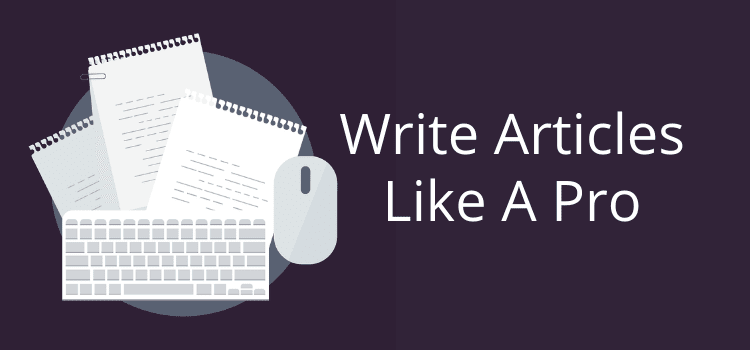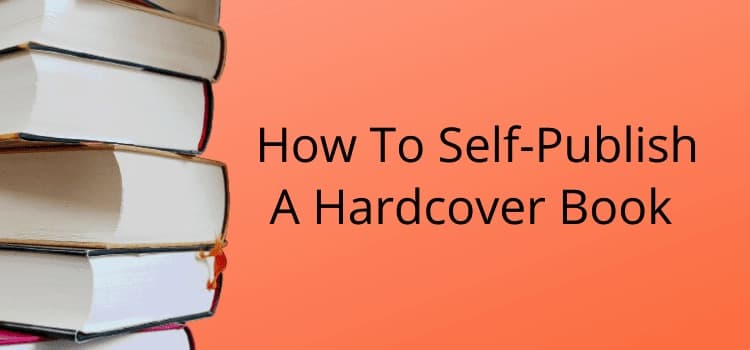
You want a great book title. But do you check your book title ideas before you publish a new book?
Self-publishers often overlook the importance of finding ideas for good book titles for a new release.
It is easy to think that the fiction title you have selected is fantastic, unique, and attention-grabbing.
But I wonder how many authors research book titles before making a final decision.
Always check your book titles
You need to take the time to explore the possible words to use for your story titles before publishing.
It is very easy to fall into the trap of selecting a title for your book that is already in use by another or more than one author.
Finding a unique book title and subtitle involves taking the time to do your analysis before making a decision. It will be difficult or impossible to change it after publishing.
You can use a book title generator to give you several different possible title ideas, but you should craft and write these suggestions into your own unique and perfect title.
The mistake of discovering that other books already have the same title as yours will make it tough when it comes time for you to start your book marketing on book promotion sites and review blogs.
It is hard enough to get readers to find your book without it being confused with others.
This situation can occur particularly with short, one, two, or three-word titles.
In an article in The Chicago Tribune, one small paragraph highlights the problem.
“Recently, she was researching a proposed title for a book the company is about to publish. A quick search of Amazon revealed 40 books with exactly the same title.
“Every single one of them was self-published. That takes up space. That’s going to make it harder to compete, harder to stand out.”
Research your ideas for book titles well before you publish
When it comes time to decide on potential ideas to pick a title for a new book, there are several quick checks that you can do.
The best place to start is to check on Amazon Search to see if there are any books with the same title.
Another easy way is to do a Google Search.
You want to have a unique title. But another consideration is how well the title will work in Google and Amazon Search to attract organic Internet traffic to your new book.
When readers look for a new book to read, they start by searching Amazon or other online book retailers, or even Google.
By using a selection of words from your proposed title, it is easy to see how popular the search results are by noting the number at the top of the Google Search results.
I did a quick Google search for the following three sci-fi phrases, and they returned drastically different results.
Space Invaders – 11,300,000
Space Aliens – 18,200,000
Space Wars – 25,700,000
So clearly, by pairing the words space and wars, they will attract more attention from organic traffic than the other two word combinations.
This is a simplistic example.
Yet I wonder how many self-published authors take the time to do something as easy as this before deciding on good book titles.
Because you will be selling your book on the Internet, it is vital that you decide on a great book title that will work for online discovery.
Finding great word combinations
After writing a book, sales depend on finding a good title to encourage people to read your story. So don’t rush into this crucial decision.
Before deciding on the title for your book or even a short story, always take the time for a quick brainstorming session on all the words you have in mind.
Check if they are candidates for a keyword-rich, searchable, and interesting title.
A large proportion of book sales occur from readers searching Amazon for a new book to read.
Your title and how it looks on your book cover will be critical in attracting these book buyers.
You can use the search feature on Amazon Kindle, iBooks, and Smashwords to help your research.
You could even try one of the many online title or headline generators to find variations of your book title ideas.
But if you are lucky enough to have an Amazon Associates account, it is even better because you can dig much deeper into how many occurrences there are of your chosen words in both your possible title and subtitle keywords.
If you choose words that have been used too frequently in other book titles, it will make your new book difficult to find, which is not what good book titles should do.
But on the other hand, using words that are not what people would typically search for, such as invented words, give you little chance of being discovered through a search by potential book buyers.
Here is a quick list of several words I entered into my Amazon Associates account and the count the search returned in the Kindle Store for each keyword.
Words that work and don’t work for titles
Shadow: 11,720. Probably a very good word to avoid unless you want your book totally lost in the shadows of a lot of other shadows.
Hunger: 2,076. Surprisingly few, considering the popularity of the Hunger Games.
Chronicles: 18,030. Boy, now this looks like a word to avoid completely.
Daughter: 15,420. Another overused word and one you should forget about using.
Midnight: 4,599. Not so bad, especially if used in combination with another good keyword.
Book 2: 211,125. Okay, you have a book series, but does Book Two or Book 2 need to occupy valuable space in your title?
These are wasted words because no one would ever search for the phrase, book two or book three. If you use a subtitle, avoid the word book, and look for more productive keywords.
Gloth: 4. What’s this word Gloth? It’s a word I invented for one of my series of books, which is not useful for online search. You live and learn. And yes, I didn’t know then how much of a silly idea it was on my part.
Dream: 36, 538. Another overused word in the titles of fiction books. Oddly enough, nightmare only returned 2,873, so there’s a hint. Use an antonym.
One last word.
War: 99,896. Well, if you want a word in your title that is very popular, try this one.
But expect to wait a very long while for war enthusiasts to find your book amongst nearly 100,000 competing titles.
Avoid overused words
Search for less competitive yet searchable words for your potential title.
Some words will have your title in a forest or unable to be found. But what types of words can be useful for a good title?
Look for words that you think people would search for and that are less competitive to help them find your book.
Think about where, when, and why when looking for the answer.
If you have written a romance or sci-fi novel, where and when is it set? And why is there a conflict? Your title alone should give the reader a very good clue about your story.
Here’s an example of a little research I did for my non-existent romance novel, set in Fiji. But Fiji was not a good keyword at all for book marketing.
So I changed the location.
Hawaii: 2,500. Now, here’s an excellent keyword for a romance title—a common searchable word with not much competition.
There are many cities and countries that you could use, and they make for excellent search returns. This is a key factor for a title that sells well.
Stranded: 632. No. It is a nice word, but it is not one that people often use in a search phrase.
Lost: 16,275. No. Another forest of other titles.
Missing: 5,508. Perfect. A common word with very little competition.
So, Missing In Hawaii is a solid, searchable, and, if I may say so, a decent title for a bestselling book. On top of that, the title sounds romantic.
And better still, when I searched Amazon, the title was unique. Okay, you can steal my great book title if you wish because I am certainly not a romance writer.
Conclusion
I may be wrong in my conclusion about Missing In Hawaii being a good title idea, but at least I did some research.
Don’t follow the crowd or the latest trends. Fifty Shades of anything has been done to death, and Harry Potter can never be copied.
Take a step-by-step approach to find a great book title. Hunt for words that are underused but are, most importantly, very searchable.
Many people buy books when they are not looking to do so. Imagine someone investigating a holiday in Hawaii who then stumbles upon Missing In Hawaii.
Definitely a potential book sale there for holiday reading if the title is combined with good cover art.
Pay attention to what potential book buyers may be looking for and how your choice of keywords in your title and sub-title can attract them to reading your book.
You can also apply the advice above to write the title for a nonfiction book or a short story collection.
An hour of research may be the small difference between your next book being a booming success or a failure.
Related reading: When To Capitalize Long Prepositions In Book Titles
Share This Article



Excellent article. Best I have found since I wrote my book. Thank You. Easy to read and understand and gave useful, helpful information. A God Send.